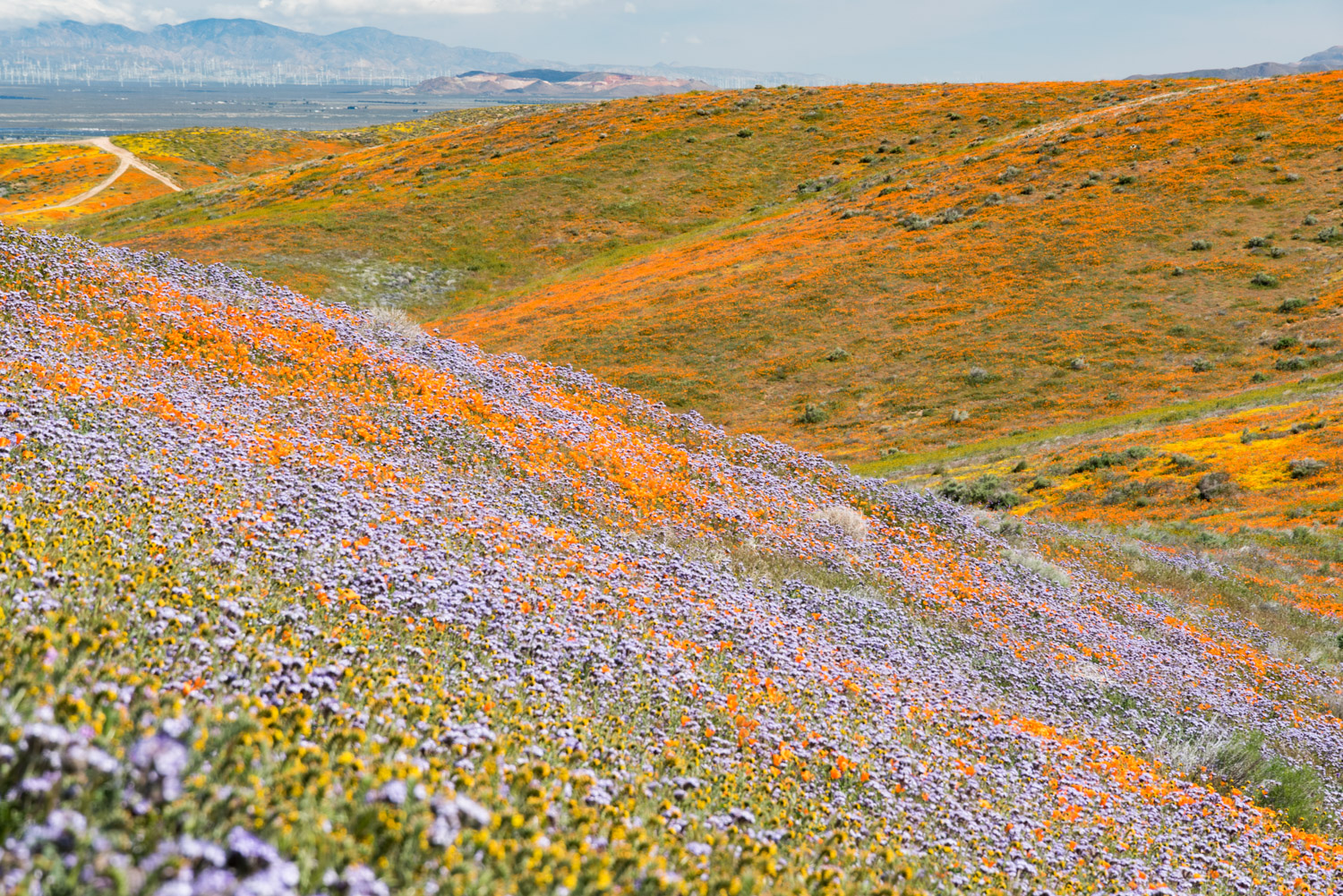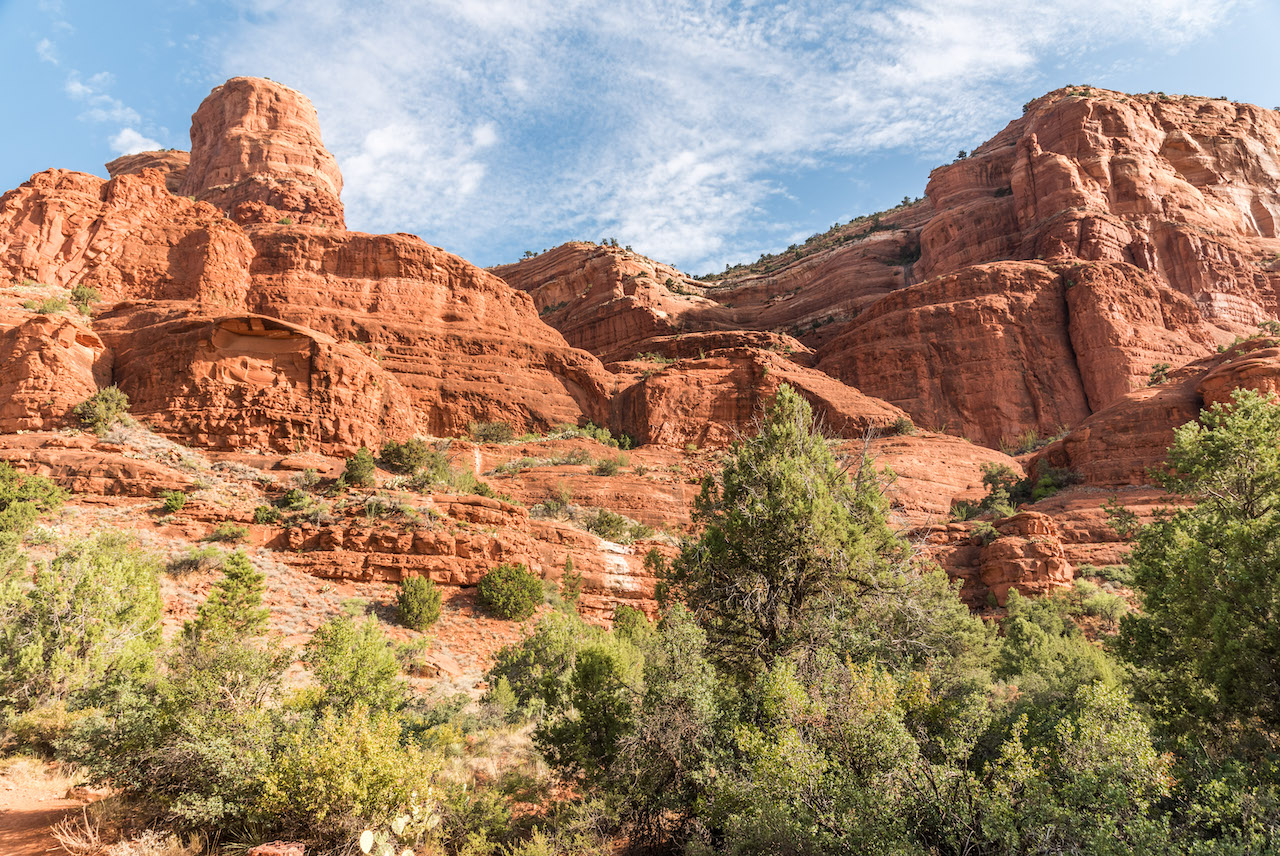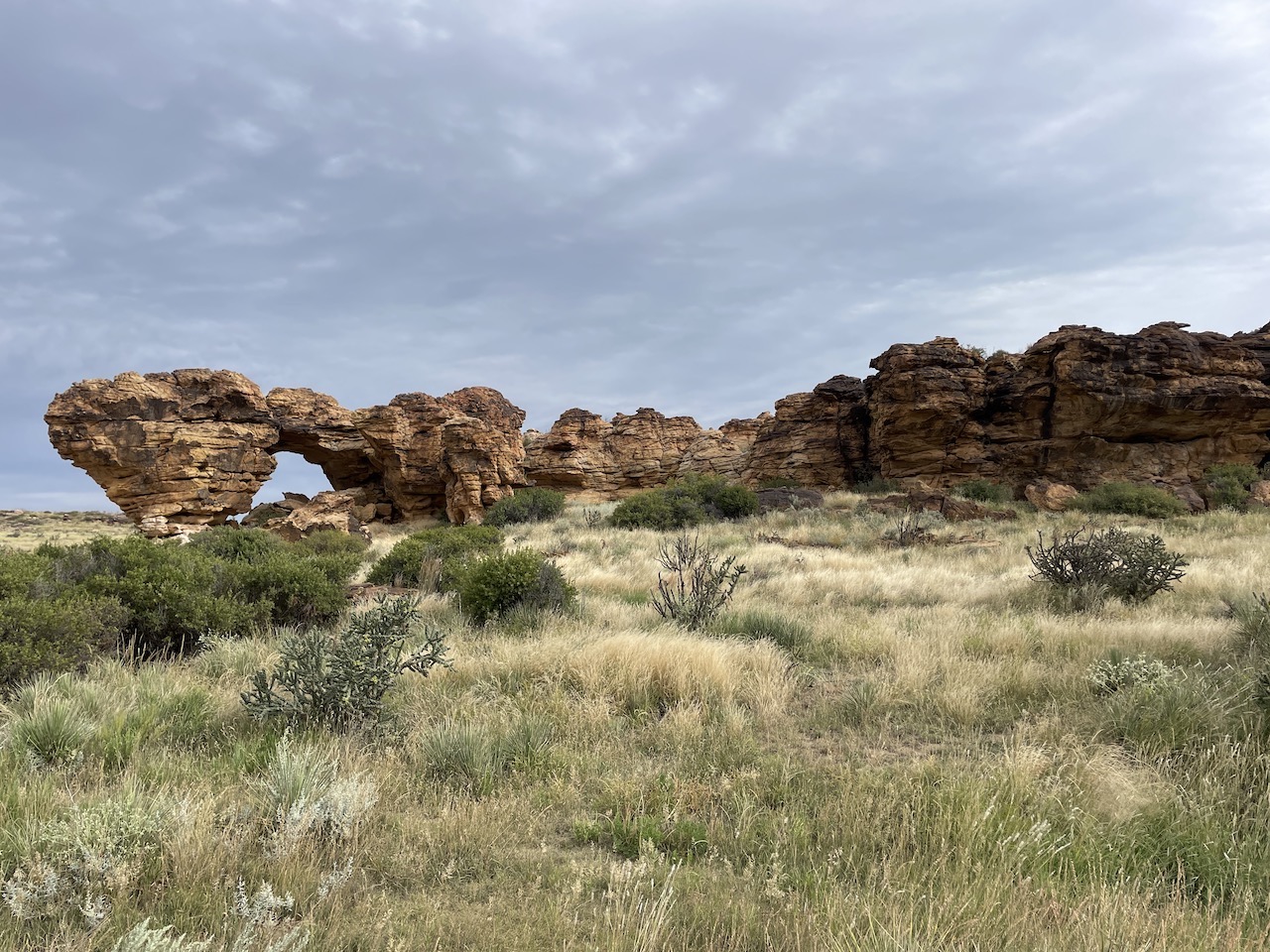
Your Guide to Canyon Tours of Colorado’s Eastern Plains
Just when you thought the flat prairies of Colorado’s Eastern Plains were nothing more than a boring, monotonous, and flattened expanse of land, think again. Beneath the grassy horizon lies a hidden world of captivating canyons, dinosaur tracks, petroglyphs, and equinox alignment markings etched into the canyon’s crevices by early Native American tribes. This rugged, secluded landscape offers an unexpected dose of adventure and enlightenment if you’re willing to veer off the beaten path to Colorado’s Eastern Plains.
Discovering the Comanche National Grassland’s Canyons
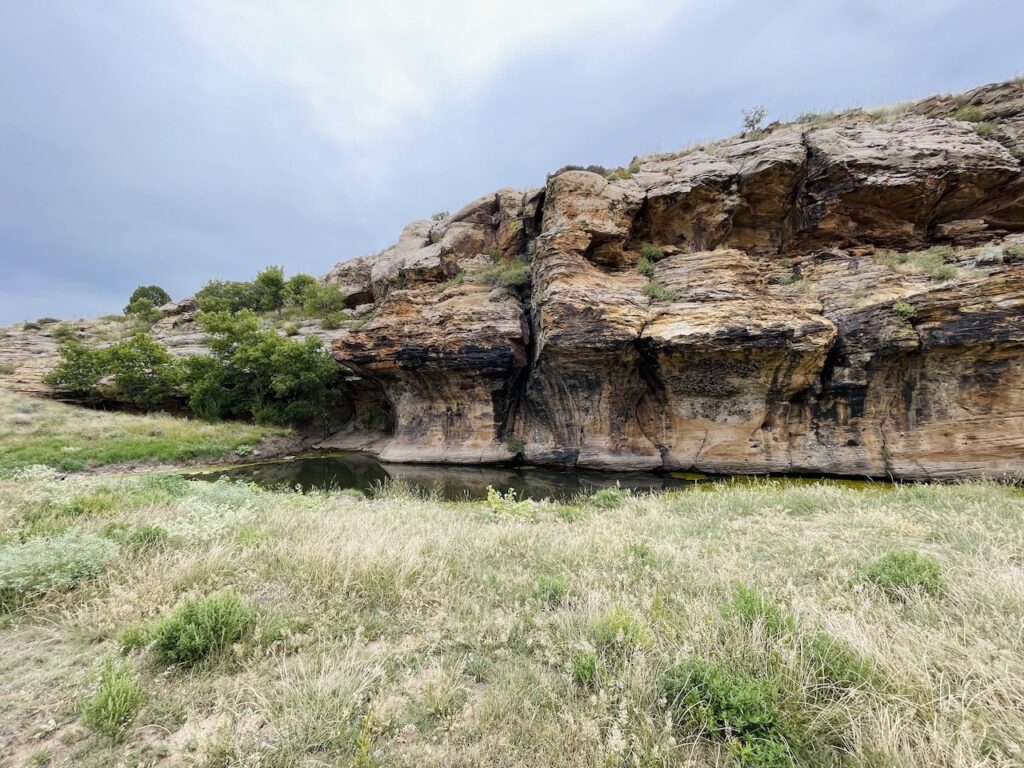
Most of these geological wonders are tucked away within the Comanche National Grassland, a 443,000-acre swathe of public lands managed by the U.S. Forest Service. The preserved area of land was created in 1960 when the Federal Government put the recovered lands of the Dust Bowl in the hands of the USDA Forest Service. With private ranches and farms interspersed throughout, accessing some of the canyons requires securing proper permits and guidance from the Pikes and San Isabel National Forests Cimarron and Comanche National Grasslands office.
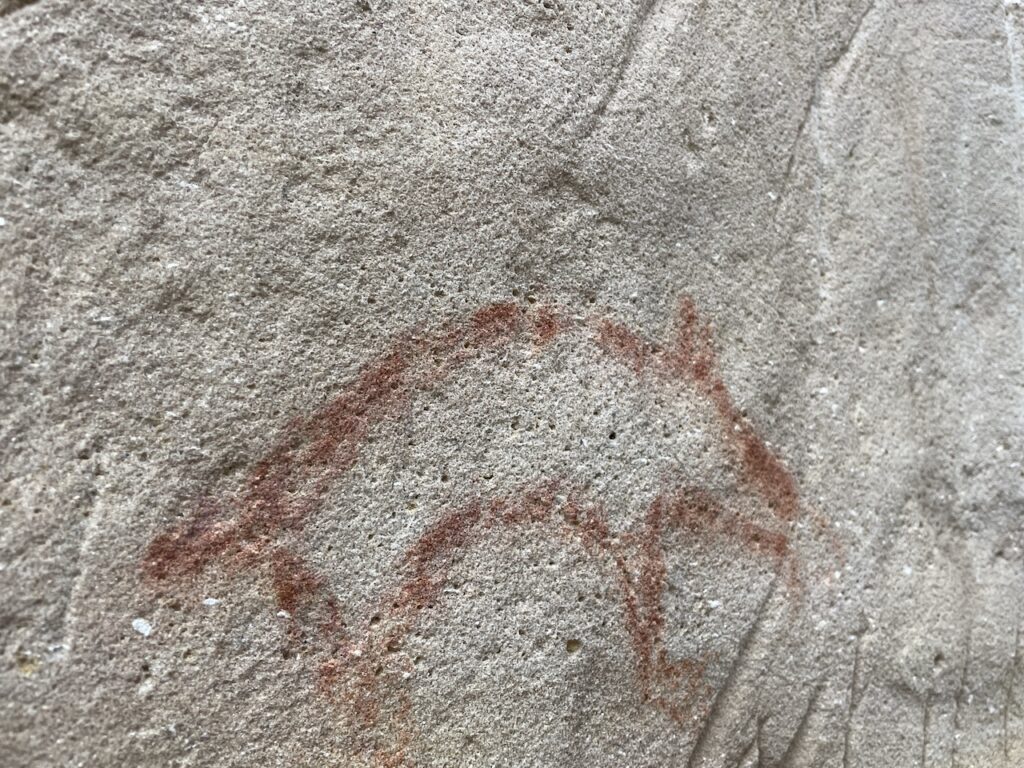
Two main units contain the most iconic canyons. The Carrizo Unit is home to the Carrizo and Picture Canyon areas, while the Timpas Unit houses the famed Picketwire and Vogel Canyons. Among these arid gorges, an astounding number of archeological treasures await your discovery.
Witnessing the Equinox Alignment at Picture Canyon
To truly appreciate the mystique of this region, time your visit for the vernal or autumnal equinox. That’s when outfitters like Canyon Journeys lead specially timed hiking tours to a unique solar calendar marker in Picture Canyon.
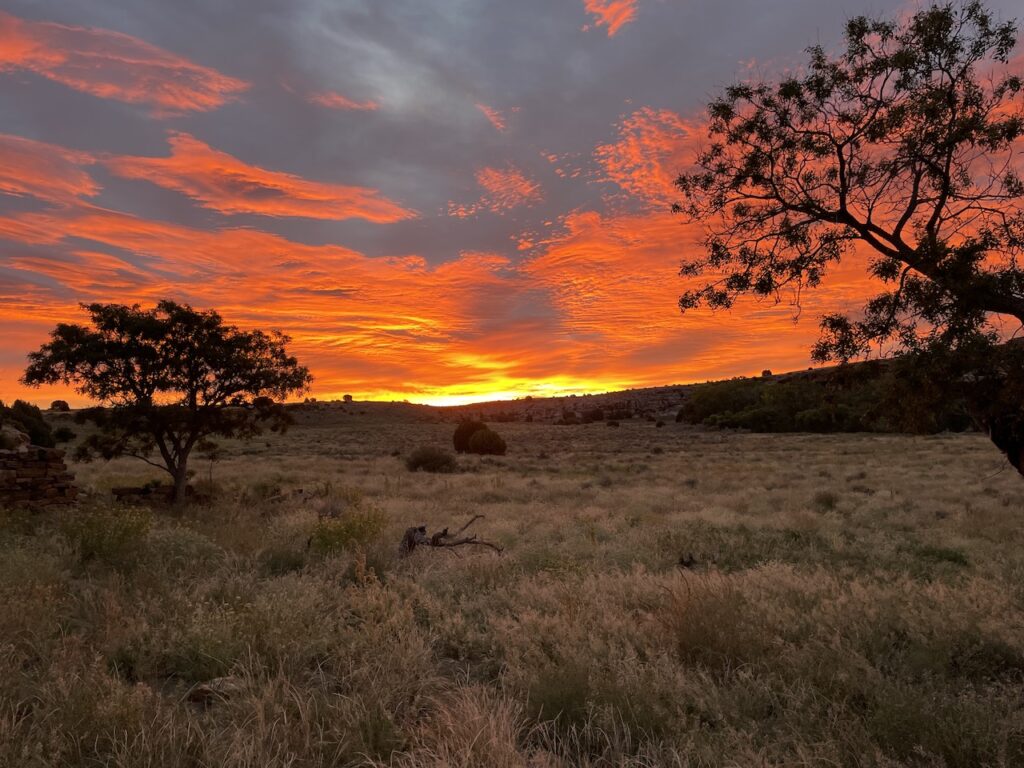
On the morning I joined their Fall Equinox tour, we rose before dawn and trekked by headlamp across the vast eastern plains, wading through knee-high grass until the canyon’s towering cliffs emerged in the distance. As the sun crested over the horizon, we watched in awe as a concentrated beam of light hit a precise crevice in the rock face for just 10 minutes – this sacred spot’s bi-annual equinox illumination.
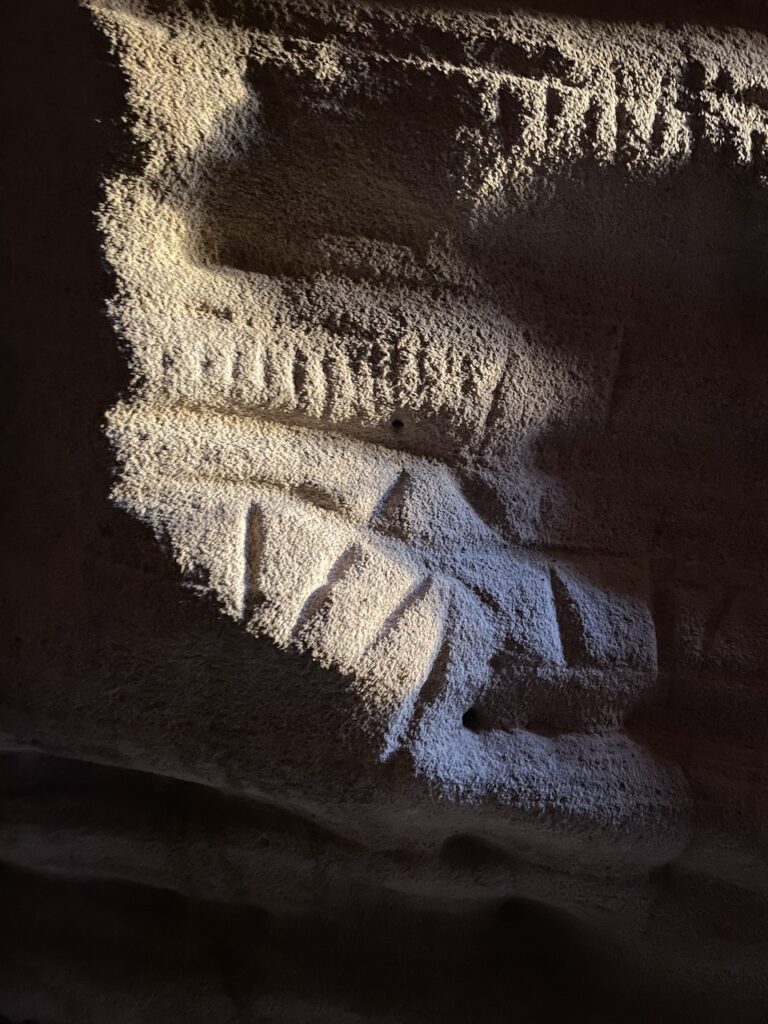
“Picture Canyon was like an ancient highway for traveling Native American tribes and Spanish explorers,” explained our guide Laneha. “They’d use these solar markings as a sort of visitor’s center calendar to track the seasons, dates, and weather.”
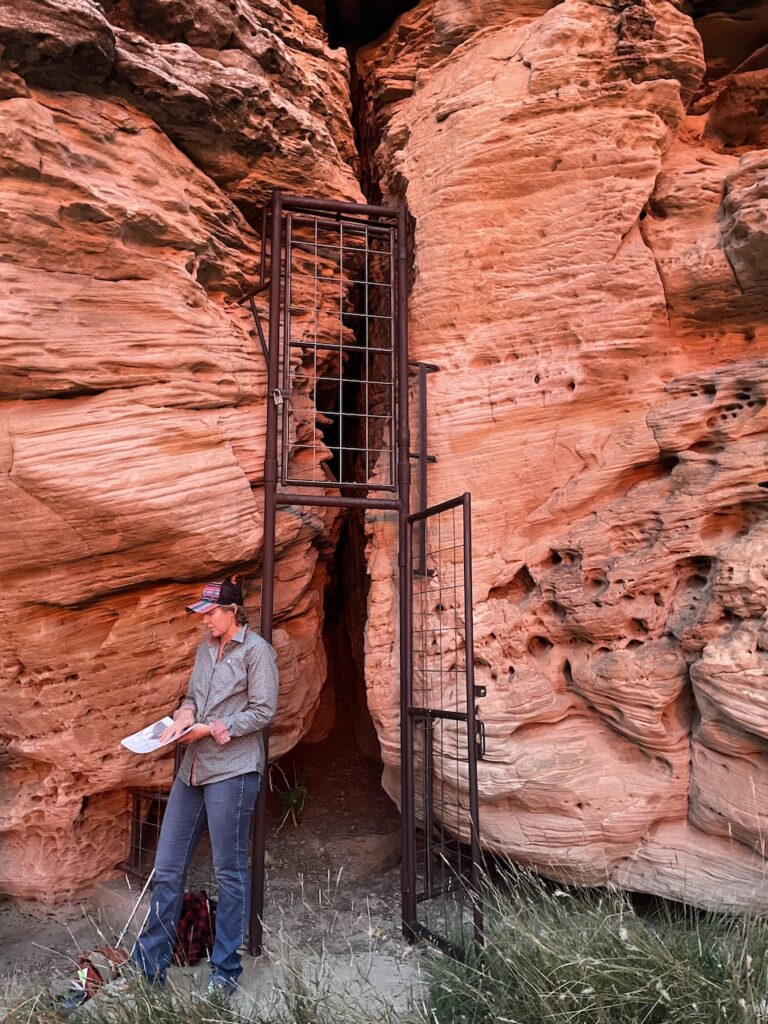
Canyon Journeys also offers guided day hikes along the picturesque Outlaw and Arch Rock Trails within Picture Canyon. This is a prime location for the annual Tarantula Trek when thousands of fuzzy male arachnids emerge each fall for mating season.
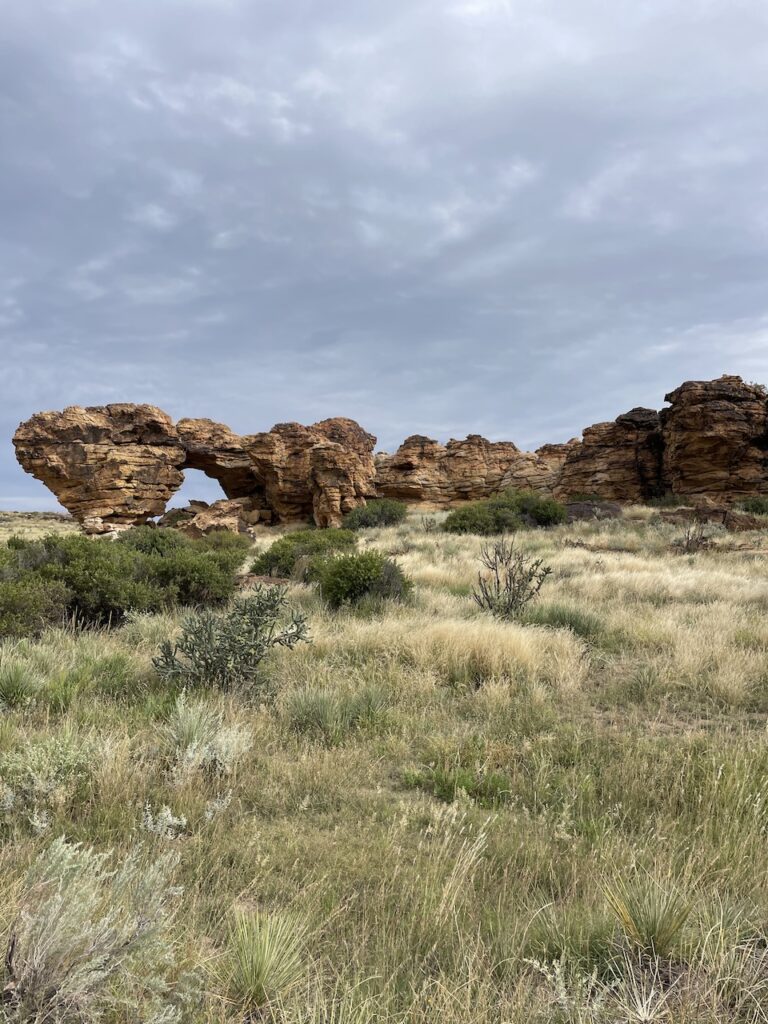
Dinosaur Tracks and Petroglyphs oh my!
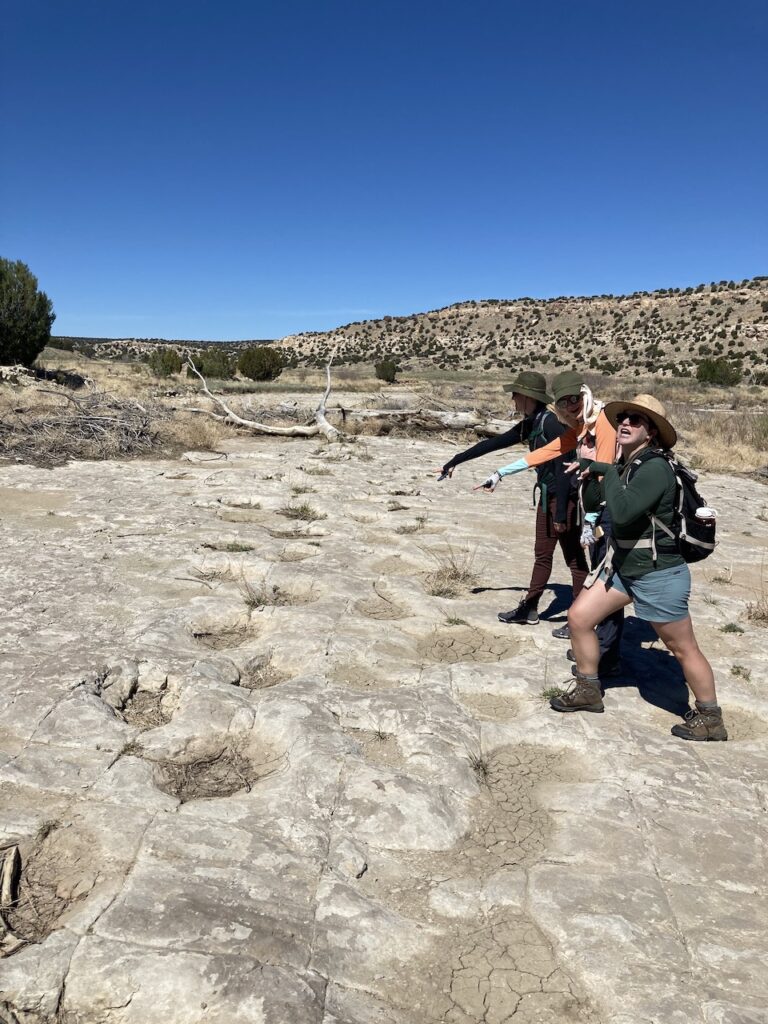
Roughly two hours west of Springfield lies the popular Picketwire Canyon. Here is where the largest known dinosaur track site in North America reside. Embark on a self-guided hike along the 17.6-mile trail where 1,400 individual dinosaur tracks were left by the Brontosaurus and Allosaurus millions of years ago. Be sure to keep an eye out for prehistoric Native American rock art, ruins from the Dolores Mission and Cemetary and other historic sites along the trail.
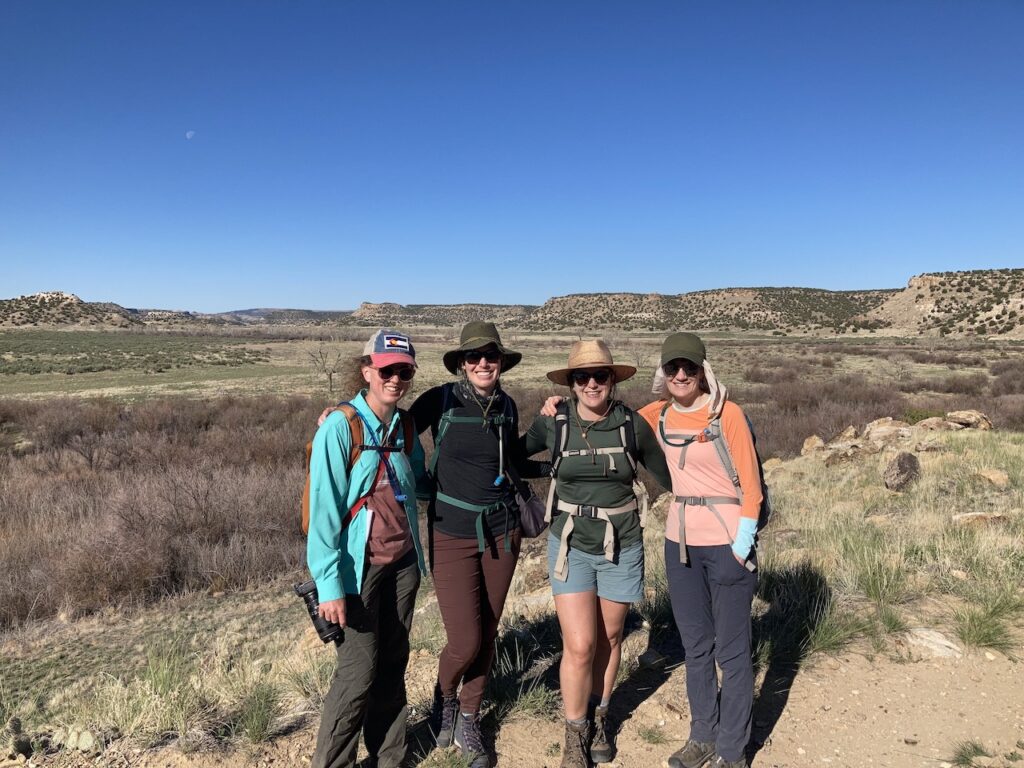
While the trail is long, it is mostly flat. The only elevation gain/loss is the 200 or so feet climbing down into the canyon and back out. I would suggest to so in early spring or fall. There is little to no shade the entire way, making it a not-fun hike on hot summer days. There is camping at the trailhead as well.
Vogel and Carrizo Canyons
For an up-close look at ancient human inhabitants, head to nearby Vogel Canyon, just 13 miles south of La Junta. Carved by the Purgatoire River, the sun-bleached sandstone walls of Vogel Canyon feature hundreds of Native American petroglyphs. Dating back almost 1,000 years old, they are believed to have been created by the Apishapa people of the Late Archaic period. Vogel Canyon is best explored via the four trails within the area – the Mesa, Canyon, Overlook, and Prairie.
Carizzo Canyon, located one hour southwest of Springfield, near Picture Canyon, is another canyon in Colorado’s eastern plains that offers a chance to see Native American petroglyphs. Hiking along Carrizo Creek where water flows year-round, is also a great place for birding in Colorado.
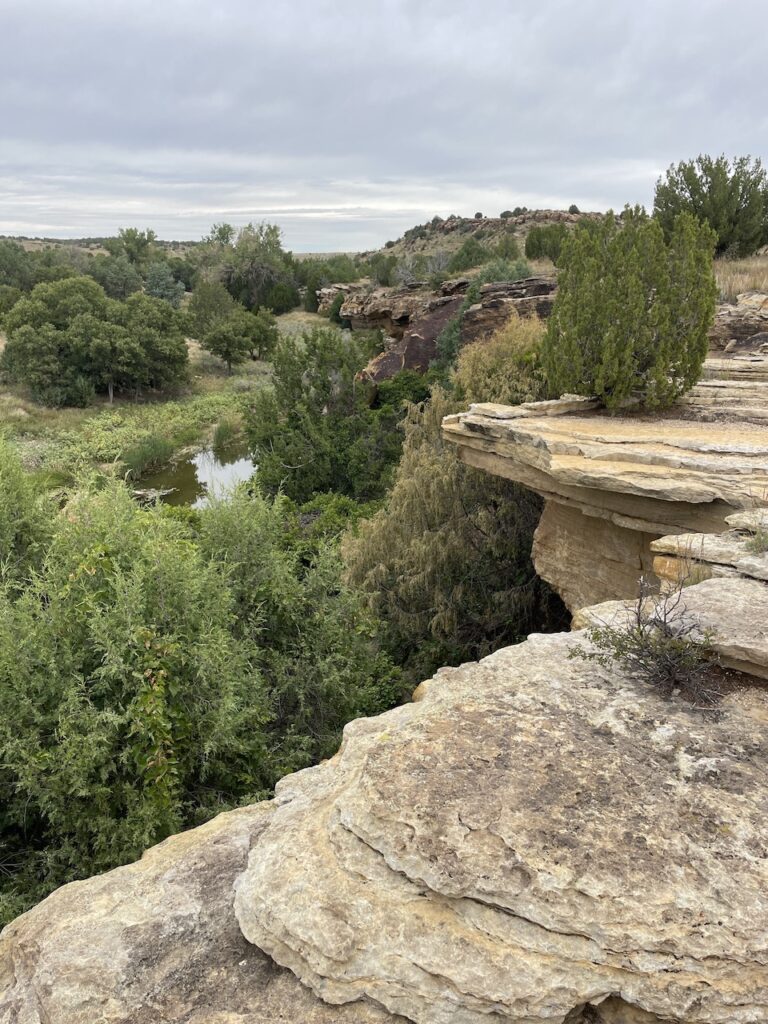
Modern graffiti has defaced portions of the canyon art. Spend time carefully scrutinizing the rock face surfaces and you’ll begin to discern faded, archaic markings – ancient figures, animals, and abstract patterns that spark the imagination about the civilizations that once traversed and dwelled in these now-desolate realms.
Staying in the Heart of Colorado’s Canyon Country
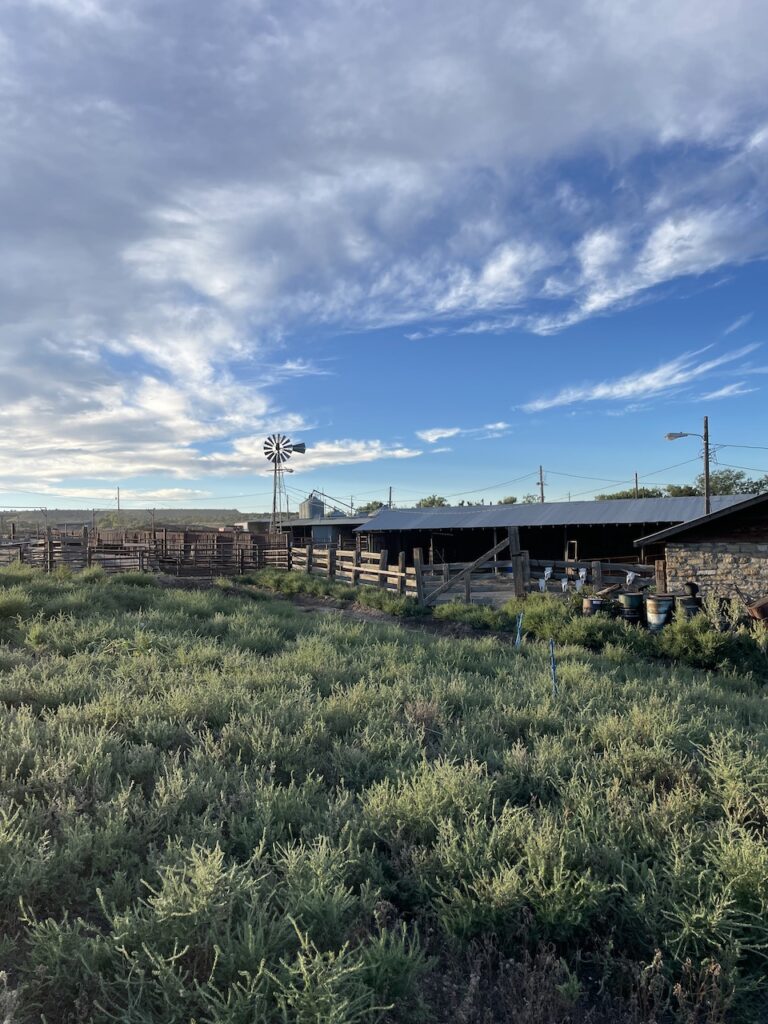
To fully immerse yourself in the beauty and rich heritage, book an overnight stay amid the canyonlands. In Springfield, a small town situated perfectly for canyon explorations, a few hotels provide a convenient home base.
For an authentic experience, reserve a night at the rustic cabin on Laneha’s family ranch within Canyon Journeys’ operating grounds. This cozy abode offers basic amenities – a kitchenette, bathroom, bedroom and loft sleeping quarters ideal for families. As night falls, you can soak up the stary night skies free of light pollution and perhaps even get a glimpse at the same constellations that guided the prehistoric stargazers who marked these lands centuries ago.
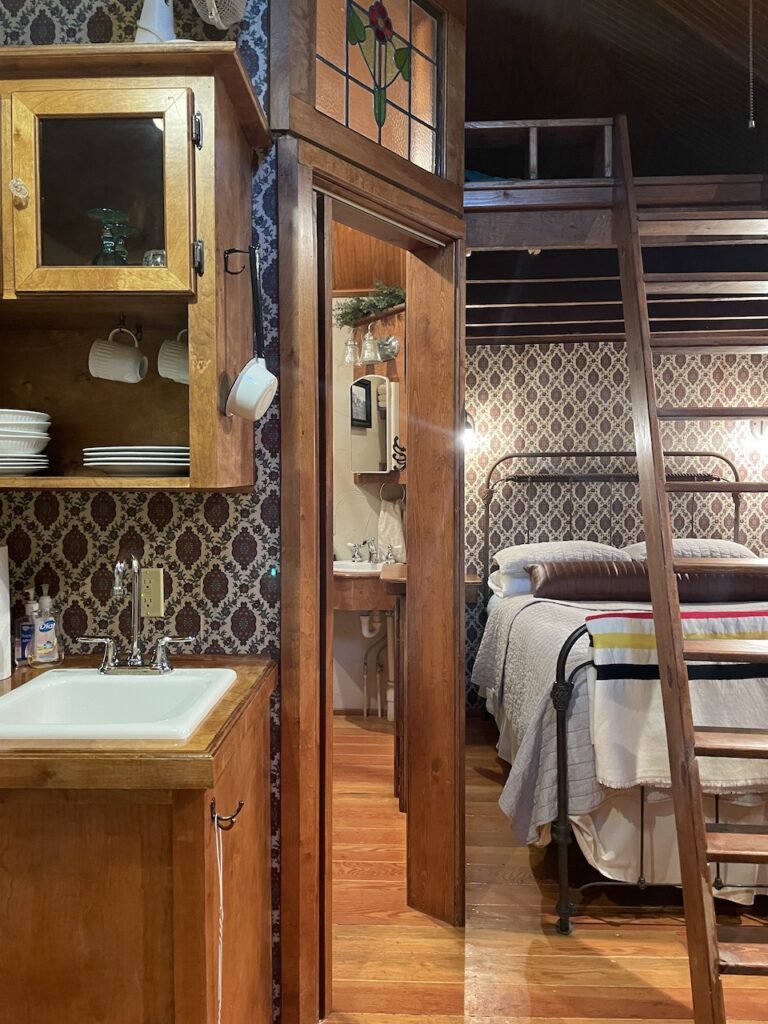
How to explore the canyons
Picketwire and Vogel canyons are the most established with designated trails, picnic areas, parking, and camping. I don’t think it’s necessary to get a guide for these. But if you are looking to explore more of Picture Canyon, it might be helpful to sign up for a guided tour through Canyon Journeys. Not to say you can’t explore on your own, your first time might be served with a guide. Carrizo Canyon offers a few designated trails, and a picnic area but to explore beyond that, a guide is necessary.
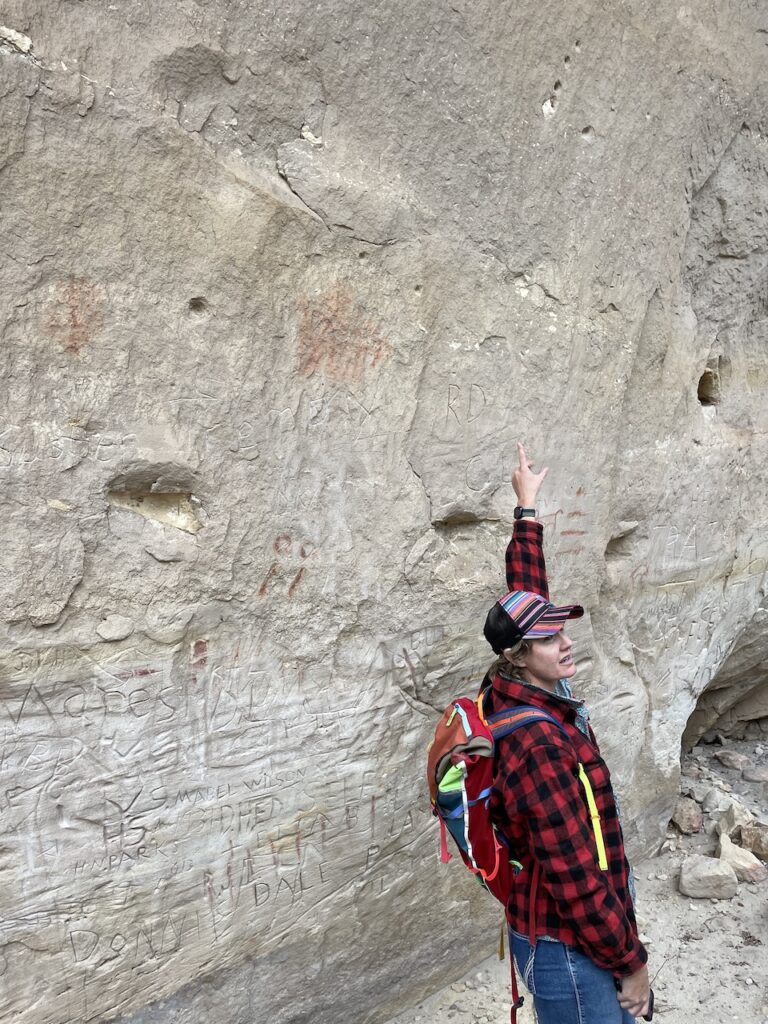
Experienced canyon guides, such as Canyon Journeys, can offer insights into decoding the symbolic imagery and geometric designs.
The equinox tour to the cave site is only by permitted guided tours through Canyon Journeys. She is the only one with permitted access twice a year. Book through their website or call Laneha at 719-980-8335.


